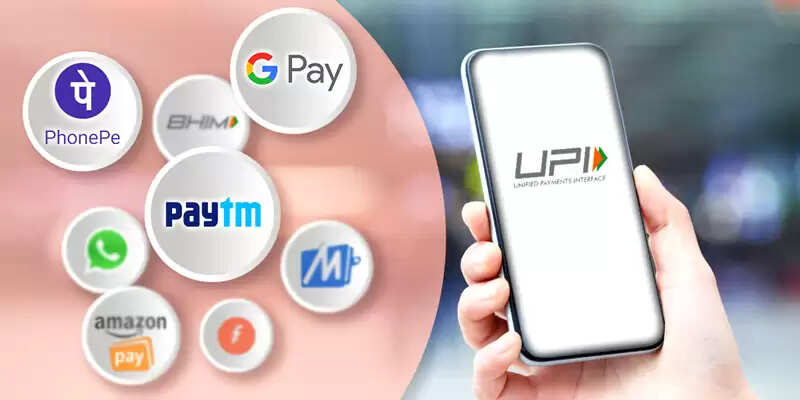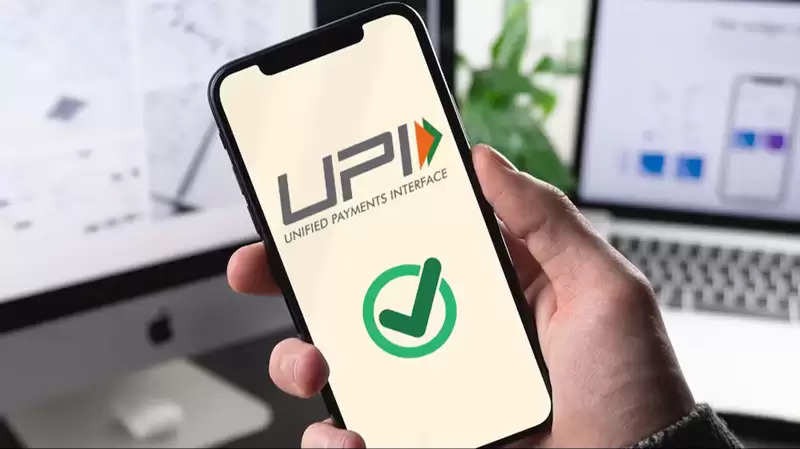Right now the process of taking a loan is still very complicated. You have to complete a lot of paperwork. You have to visit banks every day. But, the government is now going to make this process very easy. Reserve Bank (RBI) Governor Shaktikanta Das has announced to bring a Unified Lending Interface (ULI) platform like the payment app UPI.

RBI launched a pilot project of a technology platform to provide frictionless lending last year (August 2023). During the one-year pilot project, the central bank focused on Kisan Credit Card (KCC) loans, dairy loans, MSME loans, personal loans and home loans, which are in high demand.
What will be the benefit to consumers?
Even now, many apps claim to provide instant loans. But, RBI's control over them is very limited. These apps are often accused of arbitrariness and mental harassment. But, if RBI keeps a direct eye on the apps with ULI platform, then the scope of any irregularities will also be reduced. This will make loan appraisal very easy, especially for rural and small consumers.
How will it be easy to take a loan?
Unified Lending Interface (ULI) will simplify the entire process of taking a loan. It is designed to reduce the time and paperwork involved in credit processing. It combines open architecture with open application programming interface (API). Due to this, financial institutions can easily join the 'plug and play' model.
How will the ULI platform work?
The ULI app will collect data from various sources including Aadhaar, e-KYC, state government land records, PAN verification and account aggregators. It will also be linked to services like milk data from dairy cooperatives and home or property search data. Just like you make payments in UPI by just entering the PIN, similarly, if you are eligible, you will be able to take a loan by entering the PIN.

Will ULI be successful like UPI?
Unified Payment Interface (UPI) was launched in April 2016. In its 8-year journey, UPI has changed the world of digital payments. You will find QR code scanners installed everywhere, from paan shops to vegetable carts. Many other countries have also adopted the UPI model. To replicate the success of UPI, ULI will also have to provide the same experience to the users.
 look news india
look news india
